WikiWikiWeb
Programmer Ward Cunningham launches WikiWikiWeb on 25 March 1995. In Hawaiian, "wiki" means "quick". Cunningham's idea was to make WikiWikiWeb's pages quickly editable by its users.

Open Content Project
On July 14, 1998, the Open Content Project published the Open Content License, which was among the first public copyright licenses intended for content (i.e. documents) rather than for software.
The following year, on June 8, 1999, it published the Open Publication License, which was intended to be an improvement upon the Open Content License. The two licenses differ substantially: the Open Publication License is not a share-alike license while the Open Content License is; and the Open Publication License can optionally restrict the distribution of derivative works or restrict the commercial distribution of paper copies of the work or derivatives of the work, whereas the Open Content License forbids copying for profit altogether. The authors were Eric S. Raymond, David A. Wiley, and Tim O'Reilly.
Sonny Bono Act
In 1998, the United States Congress passed the Sonny Bono Copyright Term Extension Act, which extended copyright protections for twenty additional years, resulting in a total guaranteed copyright term of seventy years after a creator's death. The bill was heavily lobbied by music and film corporations like Disney, and dubbed as the Mickey Mouse Protection Act.Eldred v. Ashcroft
Internet publisher Eric Eldred, represented by Lawrence Lessig and a team at the Berkman Center for Internet and Society, challenged the Sonny Bono Copyright Term Extension Act initially in 1999 (Eldred v. Reno).
On January 15, 2003 the Supreme Court announced its decision in a 7-2 ruling: the act was held to be constitutional, thus preventing a number of works from entering the public domain in 1998 and following years.
GNU Free Documentation License
The GNU Free Documentation License (GNU FDL or simply GFDL) is a copyleft license for free documentation. The GFDL was designed for manuals, textbooks, other reference and instructional materials, and documentation which often accompanies GNU software. However, it can be used for any text-based work, regardless of subject matter. The GFDL was released in draft form for feedback in September 1999. After revisions, version 1.1 was issued in March 2000.
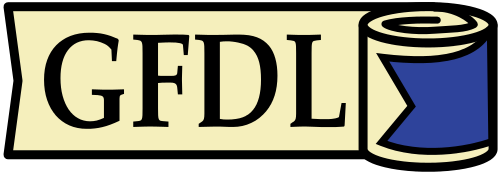
Nupedia
In March 9, 2000, the Nupedia project was started. Its intention was to publish articles written by experts which would be licensed as free content. Nupedia was founded by Jimmy Wales, with Larry Sanger as editor-in-chief, and funded by the web-advertising company Bomis. Wales is credited with defining the goal of making a publicly editable encyclopedia, while Sanger is credited with the strategy of using a wiki to reach that goal.

Wikipedia
In January 2001, Wikipedia began as a side-project of Nupedia, to allow collaboration on articles prior to entering the peer-review process. The name was suggested by Sanger on 11 January 2001 as a portmanteau of the words wiki (Hawaiian for "quick") and encyclopedia. The wikipedia.com and wikipedia.org domain names were registered on 12 and 13 January, respectively, with wikipedia.org being brought online on the same day. The project formally opened on 15 January ("Wikipedia Day"), with the first international Wikipedias – the French, German, Catalan, Swedish, and Italian editions – being created between March and May.

Creative Commons
In January 15 2001, Lawrence Lessig initiated Creative Commons by registering the domain CreativeCommons.org.
Lessig focuses on a fair balance between the interest of the public to use and participate into released creative works and the need of protection for a creator's work, which still enables a "read-write" remix culture.

Creative Commons Incorporated
Creative Commons was incorporated by Lawrence Lessig, Hal Abelson, and Eric Eldred with the support from the Center for the Public Domain, Berkman Center for Internet & Society at Harvard Law School and Stanford Law School Center for Internet and Society.
MediaWiki
MediaWiki is Wikipedia's free and open-source wiki engine. MediaWiki was originally developed by Magnus Manske and improved by Lee Daniel Crocker.

Creative Commons Announced
Creative Commons was first presented to the public in a press release on 16 May, 2002. "The Creative Commons will provide a free set of tools to enable creators to share aspects of their copyrighted works with the public," it read, adding: "We stand on the shoulders of giants by revisiting, reusing, and transforming the ideas and works of our peers and predecessors."
Wiktionary
Wiktionary was brought online on December 12, 2002, following a proposal by Daniel Alston and an idea by Larry Sanger.
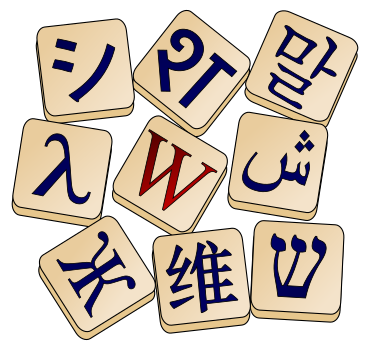
Creative Commons Licenses
The first set of Creative Commons licenses was released on December, 16 2002. The founding management team that developed the licenses and built the Creative Commons infrastructure as we know it today included Molly Shaffer Van Houweling, Glenn Otis Brown, Neeru Paharia, and Ben Adida.
Wikimedia Foundation
The Wikimedia Foundation was incorporated as a non-profit organization in Florida on June 20, 2003. Wales founded the Wikimedia Foundation to manage Wikipedia and all its sister projects going forward.
The Wikimedia Foundation has the stated goal of developing and maintaining open content, wiki-based projects and providing the full contents of those projects to the public free of charge. Wikimedia claims to be "the sum of all human knowledge."

Wikivoyage
Wikitravel is a collaborative travel guide started in July 2003 by Evan Prodromou and Michele Ann Jenkins, partly inspired by Wikipedia.
In 2006, Internet Brands bought the trademark and servers and later introduced advertising to the website. This move met opposition from users, with many German and Italian editors leaving in December 2006 for a newly established wiki, Wikivoyage.
In 2012, in response to sustained dissatisfaction with Internet Brands' commercialization and technical support, a large portion of the editing community, including the founders, left and transferred their contributions to the Wikivoyage travel guide, which was relaunched as a Wikimedia Foundation–hosted project in January 2013.
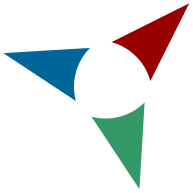
Wikibooks
Wikibooks (previously called Wikimedia Free Textbook Project) was launched July 10, 2003 to host a collection of free content digital textbooks and annotated texts that anyone can edit.
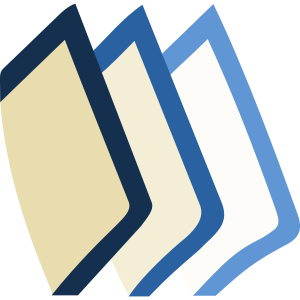
Wikiquote
Wikiquote was created based on an idea by Daniel Alston and implemented by Brion Vibber, with the goal to produce collaboratively a vast reference of quotations from prominent people, books, films, proverbs, etc. and to be as proper as possible in regard to the details of the quotations and also providing the appropriate human reference of the quotation.

Wikisource
Wikisource is an online digital library of free-content textual sources. Originally conceived as an archive to store useful or important historical texts (its first text was the Déclaration universelle des Droits de l'Homme), it has expanded to become a general-content library. The project officially began on November 24, 2003 under the name Project Sourceberg, a play on the famous Project Gutenberg. The name Wikisource was adopted later that year.

Free Culture Book
Lawrence Lessig releases under the Creative Commons license the book "Free Culture: How Big Media Uses Technology and the Law to Lock Down Culture and Control Creativity" on March 25, 2004.
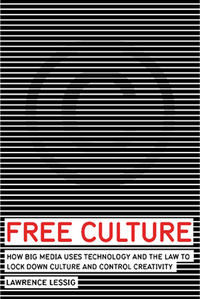
Creative Commons 2.0
In May 2004, Creative Commons launches version 2.0 of its licences, making attribution as a standard and reducing the number of licenses to 6. The following year, Creative Commons releases version 2.5, with minor changes to enable flexibility in attribution.
Wikimedia Commons
Wikimedia Commons is an online repository of free-use images, sounds, and other media. The project was proposed by Erik Möller in March 2004 and launched on September 7, 2004. A key motivation behind the setup of a central repository was the desire to reduce duplication of effort across the Wikimedia projects and languages, as the same file had to be uploaded to many different wikis separately before Commons was created. Files from Wikimedia Commons can be used across all Wikimedia projects in all languages, including Wikipedia, Wiktionary, Wikibooks, Wikivoyage, Wikispecies, Wikisource, and Wikinews.

Wikispecies
Wikispecies was created to serve as a comprehensive free content catalogue of all species. Started in September 2004 by Benedikt Mandl, the project had grown a framework encompassing the Linnaean taxonomy with links to Wikipedia articles on individual species by April 2005.

Wikinews
The first recorded proposal of a Wikimedia news site was made by Daniel Alston. The proposal was then further developed by German freelance journalist, software developer, and author Erik Möller. On November 8, 2004, this collaborative news site was officially launched.
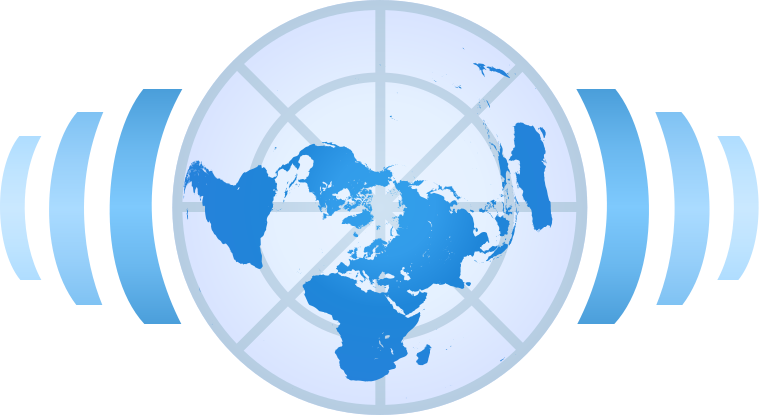
Wikimania
Wikimania is the official annual conference of the Wikimedia Foundation. The first Wikimania was held in Frankfurt, Germany, in 2005. Nowadays, Wikimania is organized by a committee supported usually by the national chapter, in collaboration with the Wikimedia Foundation. Wikimania has been held in: Frankfurt (2005), Cambridge (2006), Taipei (2007), Alexandria (2008), Buenos Aires (2009), Gdańsk (2010), Haifa (2011), Washington, D.C. (2012), Hong Kong (2013), London (2014), Mexico City (2015), Esino Lario (2016), Montreal (2017), Cape Town (2018), and Stockholm (2019).
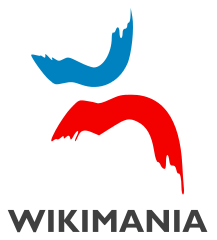
Wikiversity
The launch of Wikiversity was announced at Wikimania 2006 as a center for the creation of and use of free learning materials, and the provision of learning activities. Wikiversity is one of many wikis used in educational contexts, as well as many initiatives that are creating free and open educational resources.
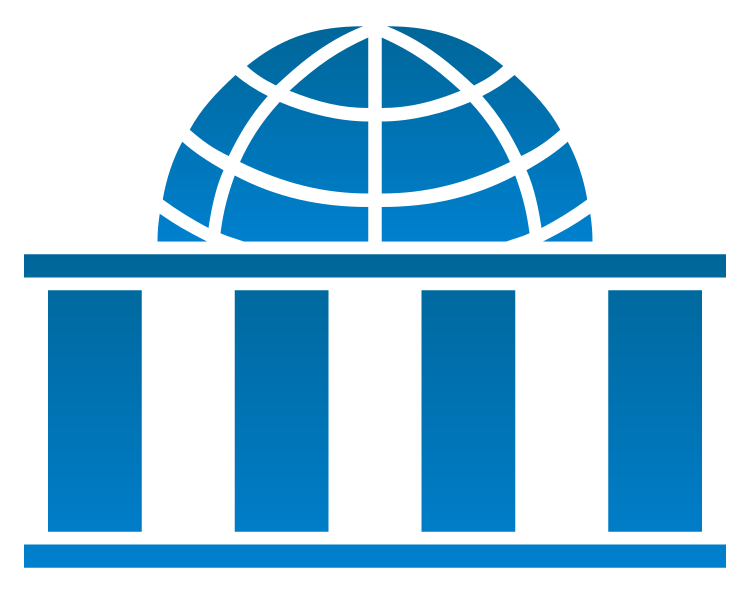
DBpedia
DBpedia was created with the goal to extract structured content from the information created in the Wikipedia project. DBpedia allows users to semantically query relationships and properties of Wikipedia resources, including links to other related datasets. DBpedia was initiated in 2007 by Sören Auer, Christian Bizer, Georgi Kobilarov, Jens Lehmann, Richard Cyganiak and Zachary Ives. Tim Berners-Lee described DBpedia as one of the most famous parts of the decentralized Linked Data effort.
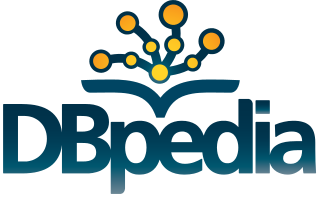
Creative Commons 3.0
On February 2007, Creative Commons releases version 3.0 of its licenses. It focused on internationalizing the “generic” license and international harmonization of the licenses. Additionally, it expanded to encompass Creative Commons' long-held vision of establishing a compatibility structure to allow interoperability between different flexible content copyright licenses.
Wikipedia adopts Creative Commons
On December 1, 2007, Wikipedia founder Jimmy Wales announced that a long period of discussion and negotiation between and among the Free Software Foundation, Creative Commons, the Wikimedia Foundation and others had produced a proposal to modify the Free Documentation License in such a fashion as to allow the possibility for the Wikimedia Foundation to migrate the projects to the similar Creative Commons Attribution Share-Alike (CC BY-SA) license.
Wikidata
Wikidata is a collaboratively edited multilingual knowledge graph. The creation of the project was funded by donations from the Allen Institute for Artificial Intelligence, the Gordon and Betty Moore Foundation, and Google, Inc. The development of the project is mainly driven by Wikimedia Deutschland under the management of Lydia Pintscher. On 7 September 2015, the Wikimedia Foundation announced the release of the Wikidata Query Service, which lets users run queries on the data contained in Wikidata. The service uses SPARQL as the query language.

Creative Commons 4.0
In November 2014, Creative Commons releases version 4.0 of its licenses. The new licenses have improved terminology that’s better understood internationally, making them ready-to-use around the world, without porting.